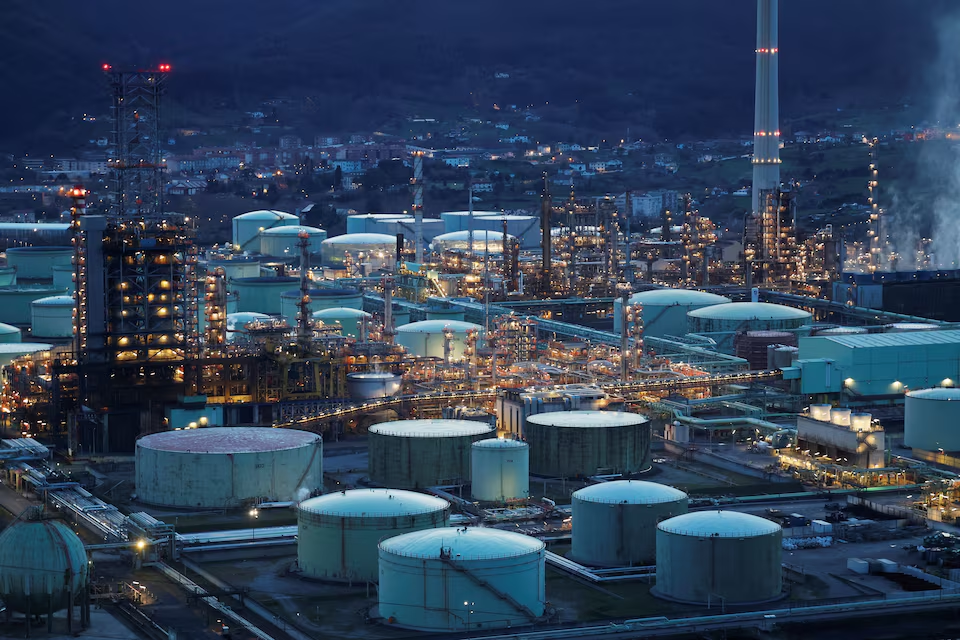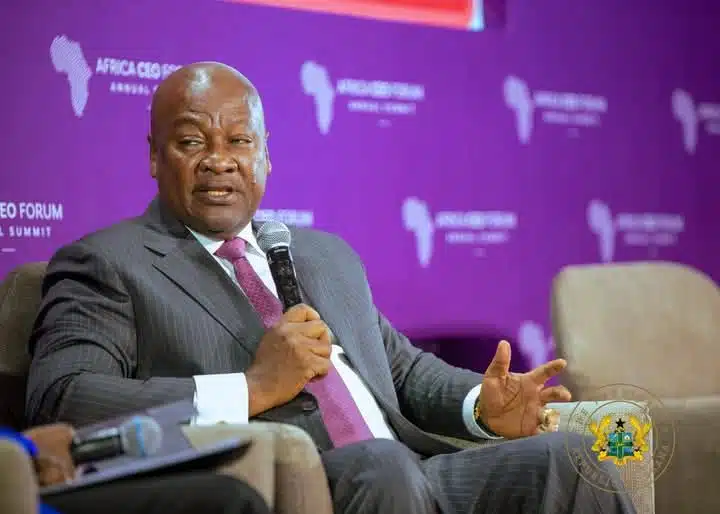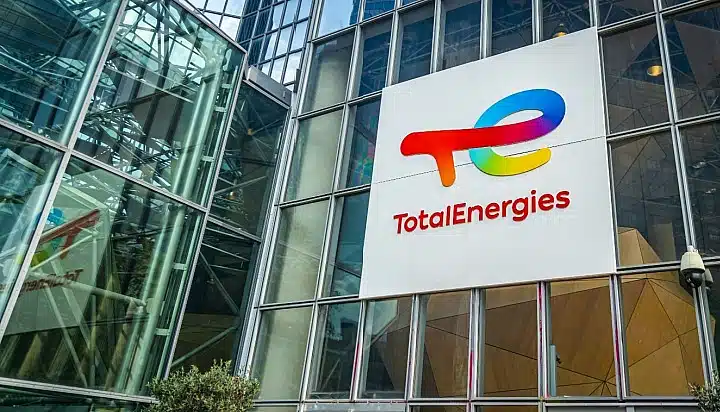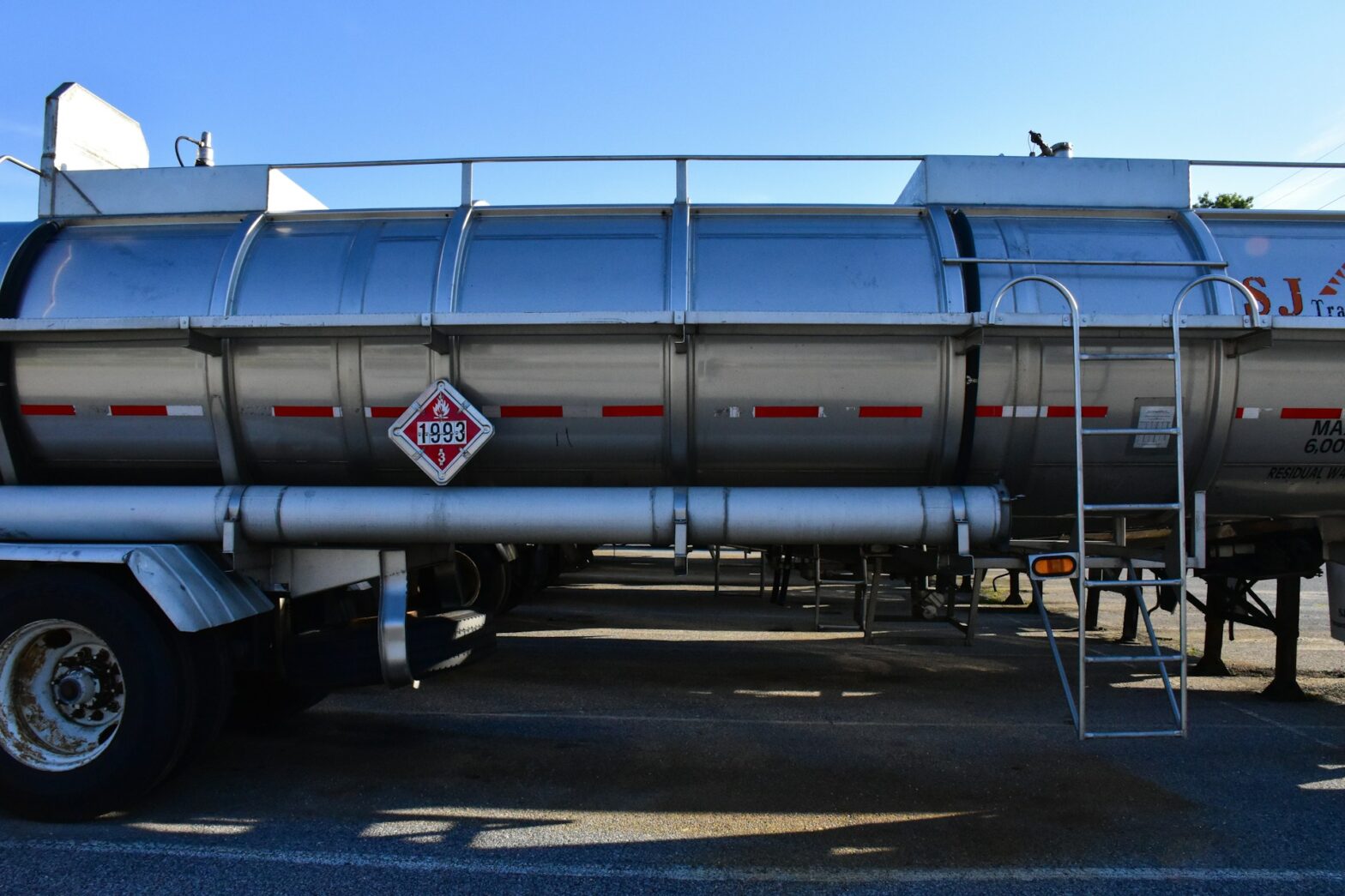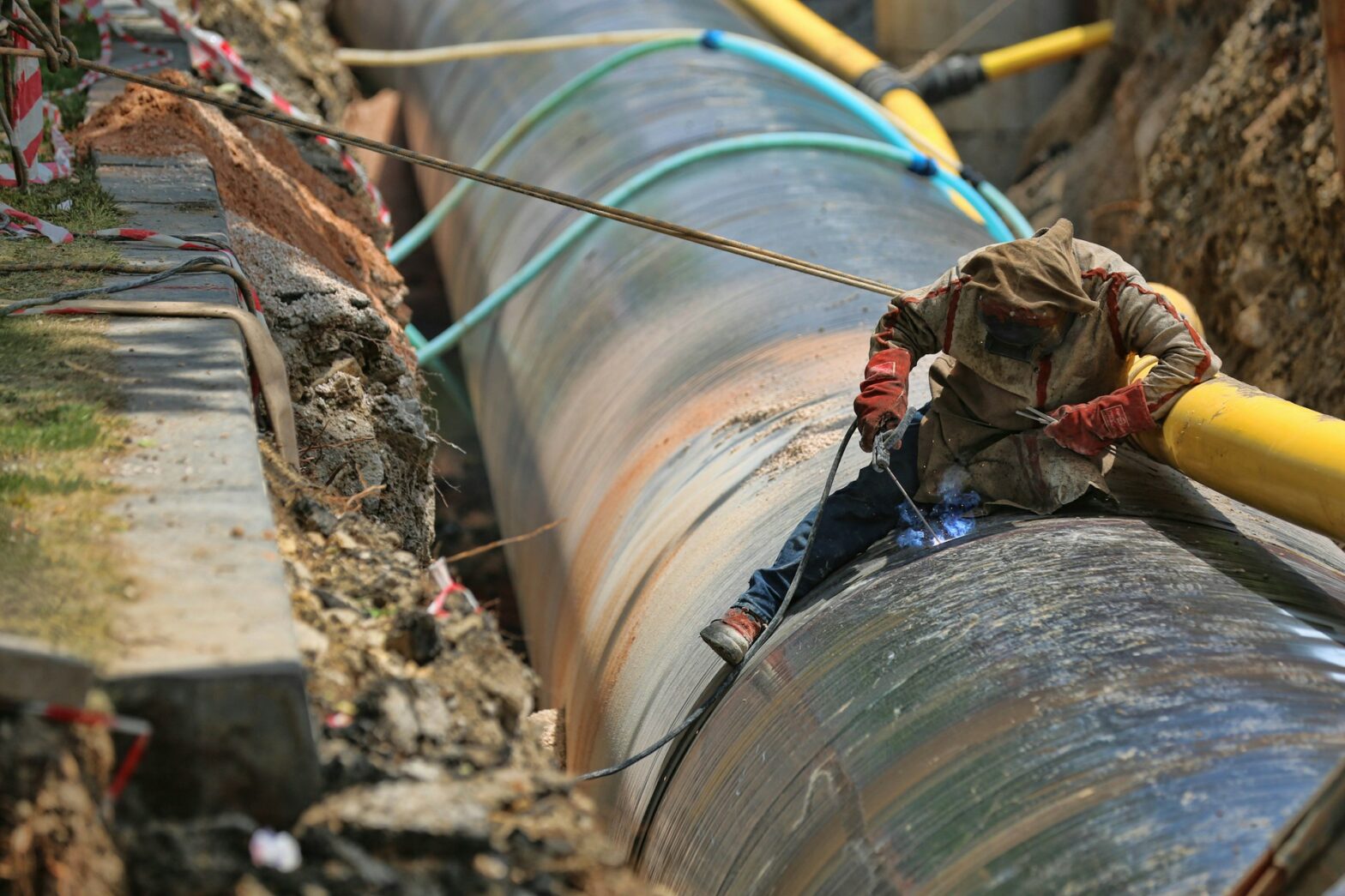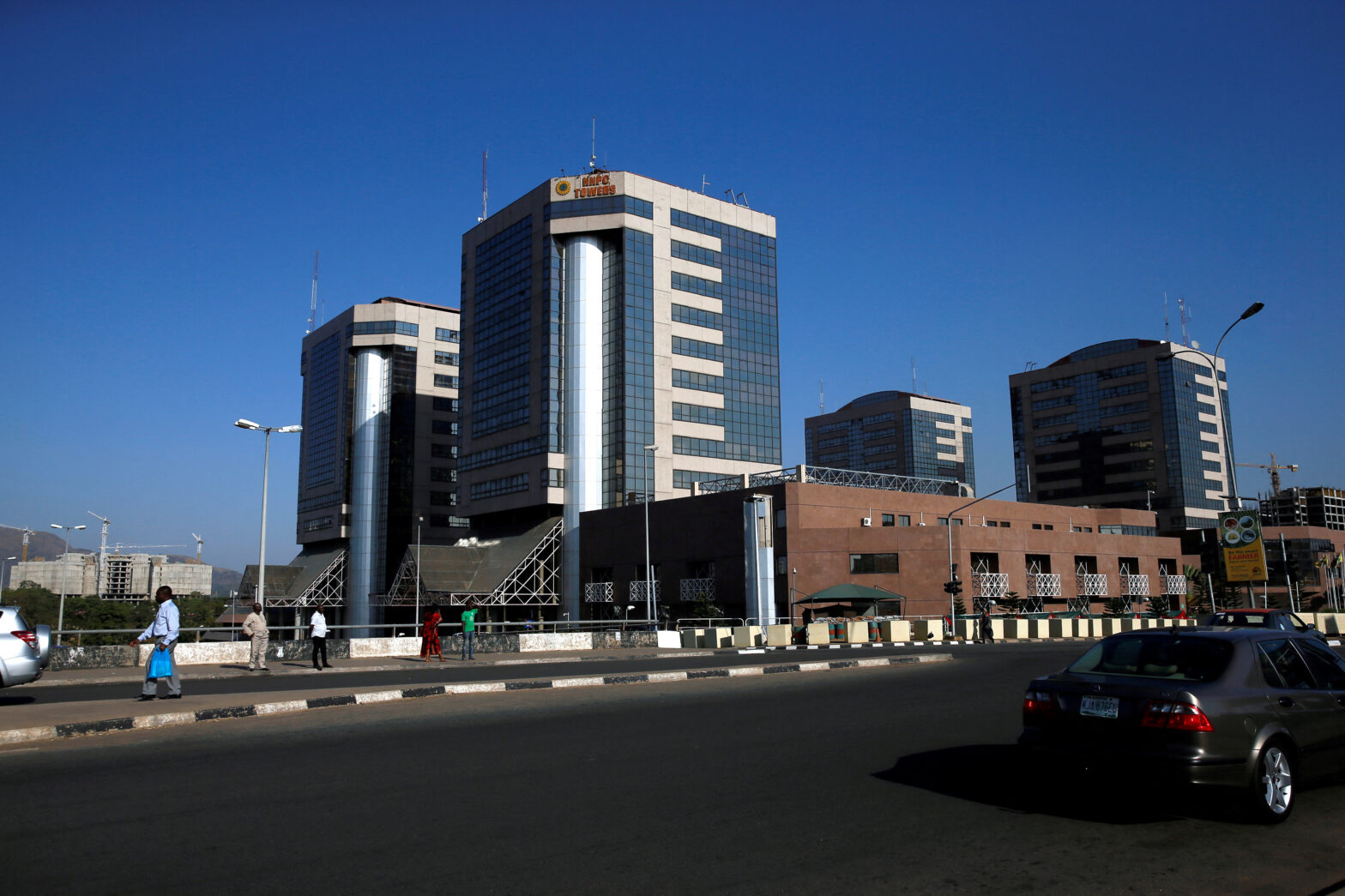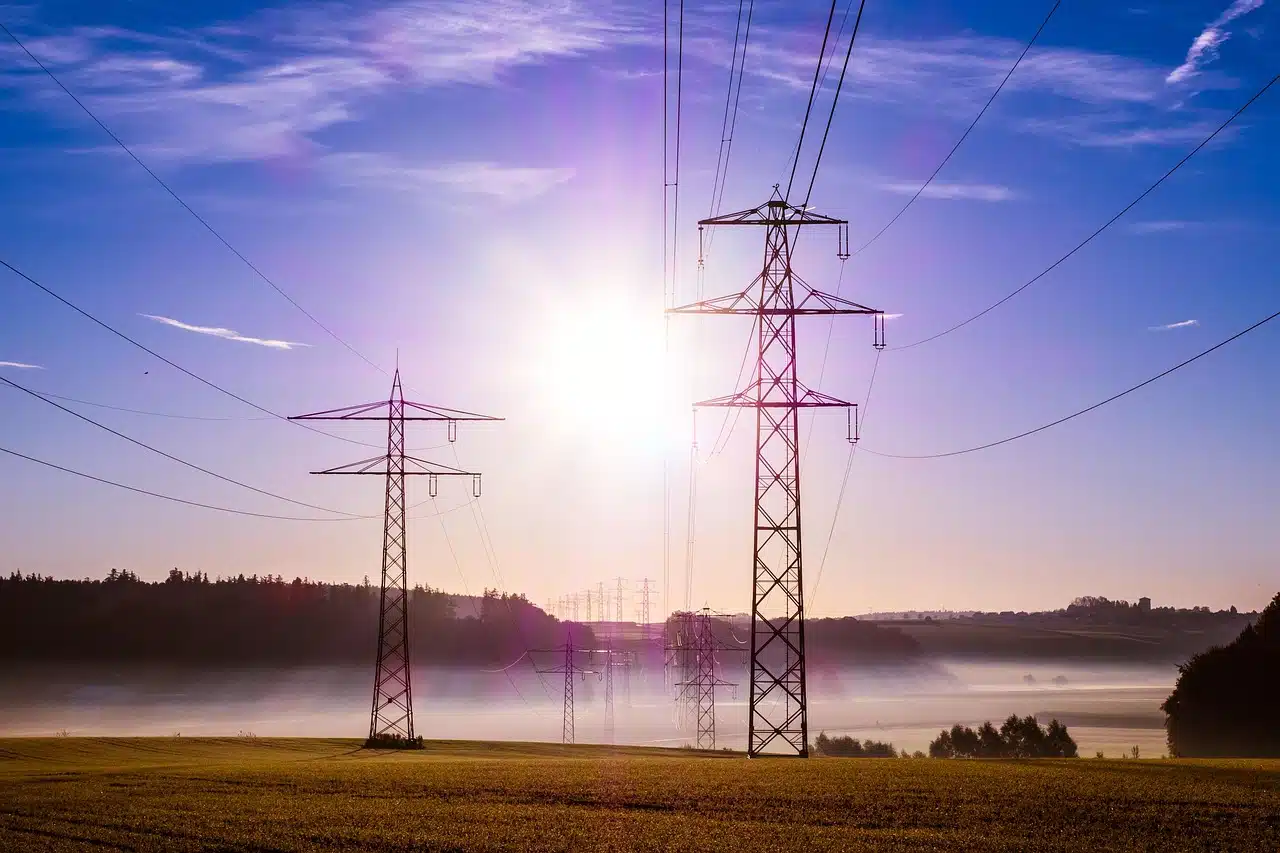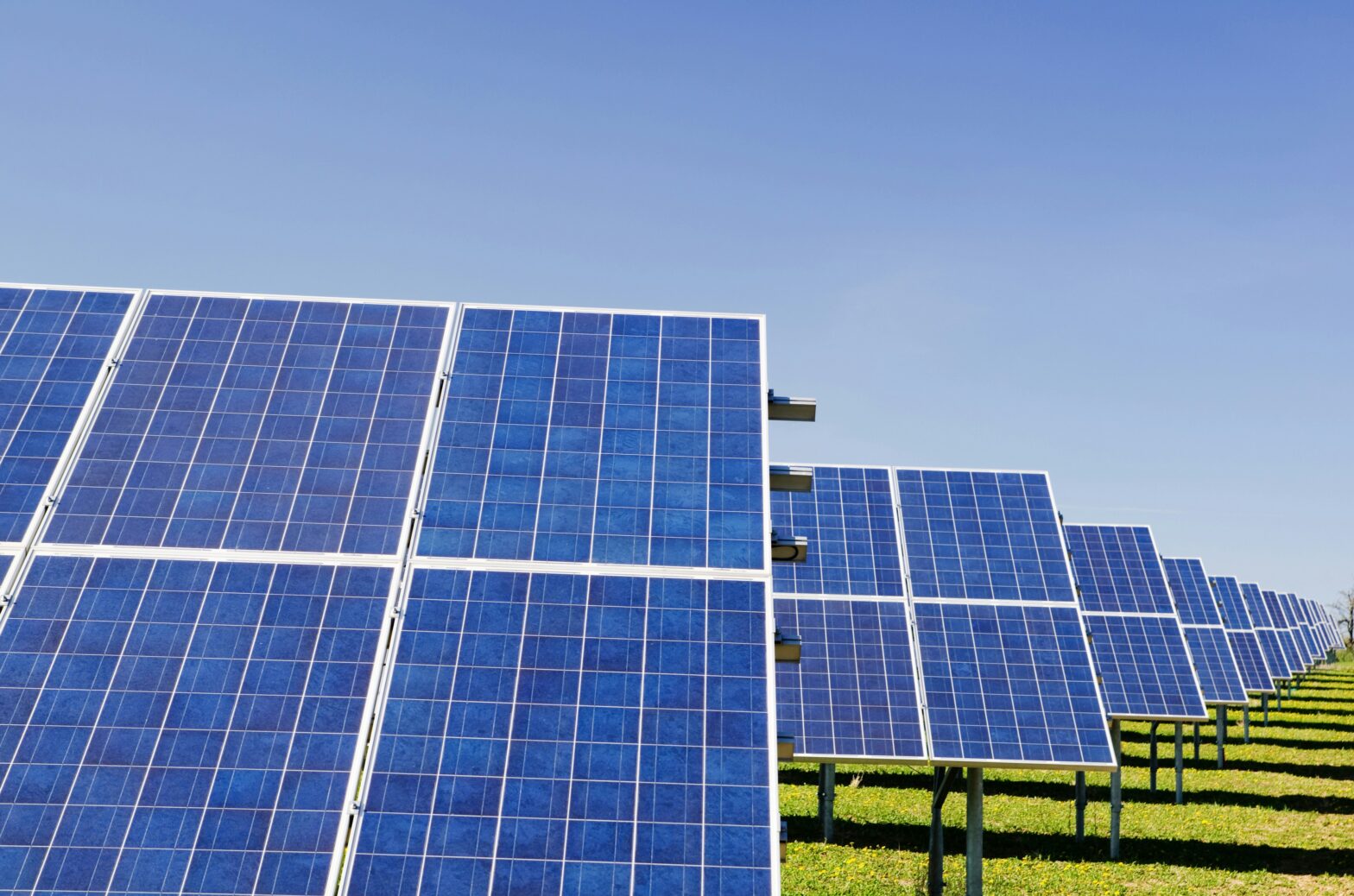Zambian authorities are in talks with Nigeria’s Dangote Refinery and Petrochemicals to secure fuel supplies.
This move is part of a strategic effort to diversify the country’s petroleum sources and address rising fuel costs.
Fuel prices in Zambia have surged by over 110% in the past four years.
In February 2025, a Zambian delegation led by Energy Minister Makozo Chikote visited the 650,000-barrel-per-day (bpd) Dangote Refinery in Lagos, Nigeria.
The refinery produces several petroleum products, including diesel, naphtha, jet fuel, and petrol.
Speaking to The Africa Report, Chikote explained the importance of the visit:
“We went to Nigeria to gain first-hand insight into the transformative impact of the Dangote Refinery, which is the biggest refinery in Africa and one of its kind. We had to do so because Zambia is seeking partnerships to reduce fuel costs and improve our fuel strategic reserves.”
The Zambian government and logistics experts anticipate significant benefits from a potential partnership with the Dangote Refinery.
“As we seek to fulfil our commitment to ensuring fuel security, competitive pricing and stable supply, we are hopeful to do it with Dangote as this will also serve our collective agenda under the African Continental Free Trade Area (AfCFTA) framework,” Chikote added.
A long-running energy crisis
Zambia has faced prolonged energy challenges, exacerbated by the COVID-19 pandemic in 2020, which deepened the country’s economic woes under former President Edgar Lungu.
Fuel subsidies ballooned to hundreds of millions of dollars, pushing Zambia into sovereign default after failing to meet its national debt obligations.
Today, the government owes fuel suppliers around $700 million for previously supplied petroleum products under the former ruling Patriotic Front — making the need to secure more affordable fuel imports urgent.
After taking office in 2021, President Hakainde Hichilema’s United Party for National Development (UPND) scrapped the costly fuel subsidies as part of broader reforms aimed at restoring fiscal stability and addressing Zambia’s unsustainable debt.
However, the country’s sovereign debt restructuring has been slow, delaying key reforms amid harsh climate conditions like the El Niño-driven drought, which has severely reduced agricultural and power output.
External factors, including the Russia-Ukraine war, have also driven up global fuel prices, fueling inflation and a cost-of-living crisis.
The ongoing fuel crisis is seen as a potential threat to Hichilema’s chances of re-election in the crucial 2026 elections.
Why Dangote matters
Zambia, which consumes around 5.5 million litres of liquid fuel daily, currently sources most of its petroleum products through Dar es Salaam in Tanzania, with additional supplies coming from Beira in Mozambique and Walvis Bay in Namibia.
Diesel, a key fuel for Zambia’s expanding copper mining industry, accounts for about 70% of the petroleum products sold in the country.
The bulk of these products are processed outside the continent, making the Dangote Refinery a strategic and potentially cost-effective option for the landlocked nation.
Logistics experts in Zambia believe that fuel sourced from the Dangote plant could make a significant difference.
They estimate that transporting fuel from Lagos to Walvis Bay — Zambia’s pick-up port — would take about 10 days, and the port can handle up to 70,000 metric tonnes of Zambia’s fuel consignments.
“As we seek to fulfil our commitment to ensuring fuel security, competitive pricing and stable supply, we are hopeful to do it with Dangote as this will also serve our collective agenda under the African Continental Free Trade Area (AfCFTA) framework,” Chikote reiterated.
Kafula Mubanga, head of the Oil Marketing Companies of Zambia — a consortium of service station operators — welcomed the potential partnership, saying it could have a “positive impact” on Zambia’s energy sector by increasing supply and driving down prices through greater competition.
A history of collaboration
This wouldn’t be the first time Zambia has turned to the Dangote Group for support. The African conglomerate first entered the Zambian market in 2013 following a cement crisis between 2008 and 2011, when prices spiraled out of control.
Dangote shipped cement from its Nigerian plants to stabilize prices and later established a cement factory in Zambia.
Currently, Dangote is one of the two biggest players in Zambia’s cement market.
The company also operates a 30 MW coal-fired power station at its cement plant in Ndola, in the Copperbelt Province, which supplies power to Zambian mines.
Since beginning commercial operations in 2024, the Dangote Refinery has already exported petroleum products to several African countries, including Cameroon, Ghana, Angola, and South Africa.
In February, the refinery also marked a major milestone by exporting two cargoes of jet fuel to Saudi Aramco.
As Zambia continues to grapple with its fuel crisis, a partnership with Dangote could provide a lifeline — offering more affordable and accessible fuel while enhancing the country’s energy security and economic stability.



